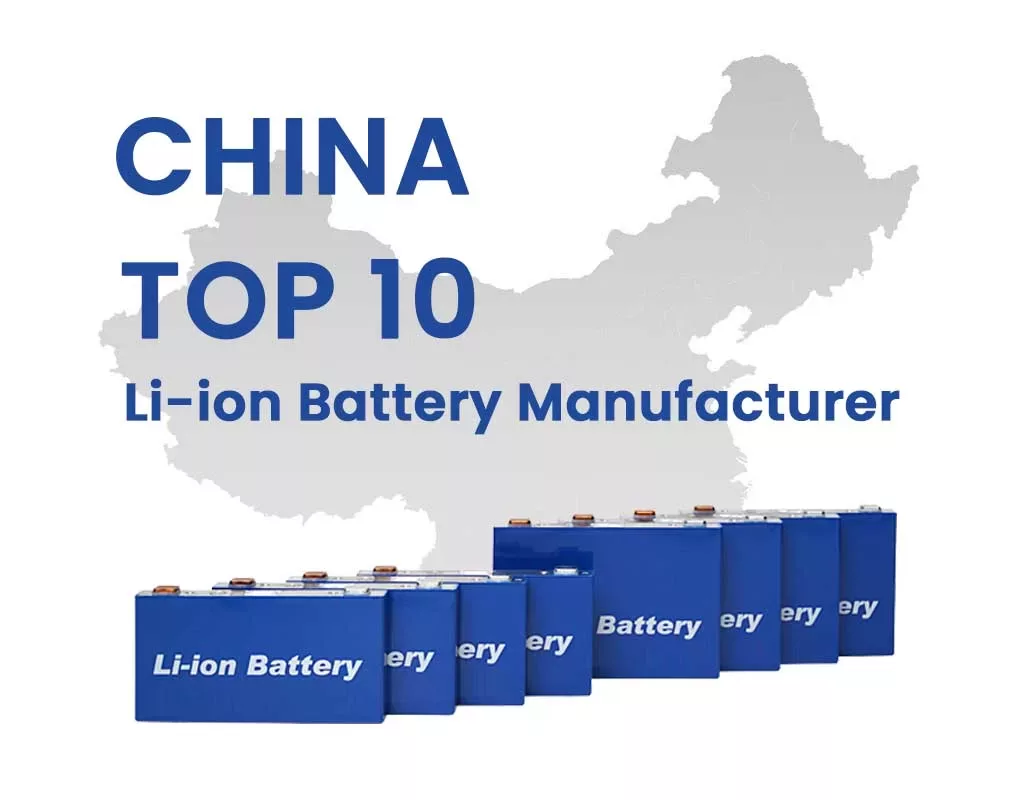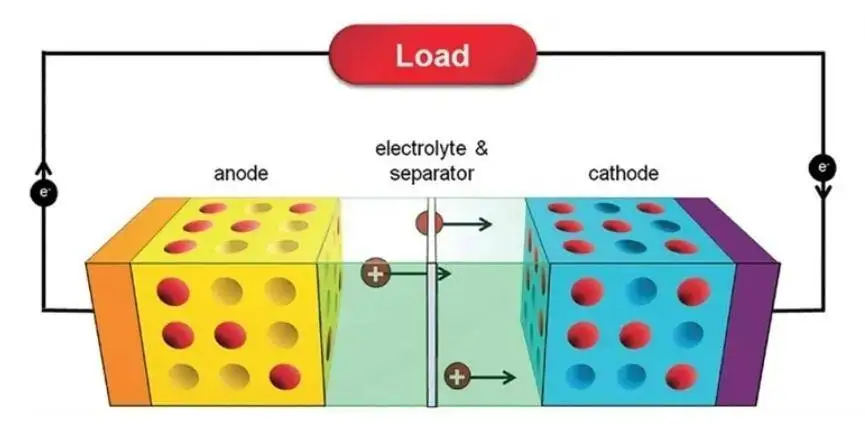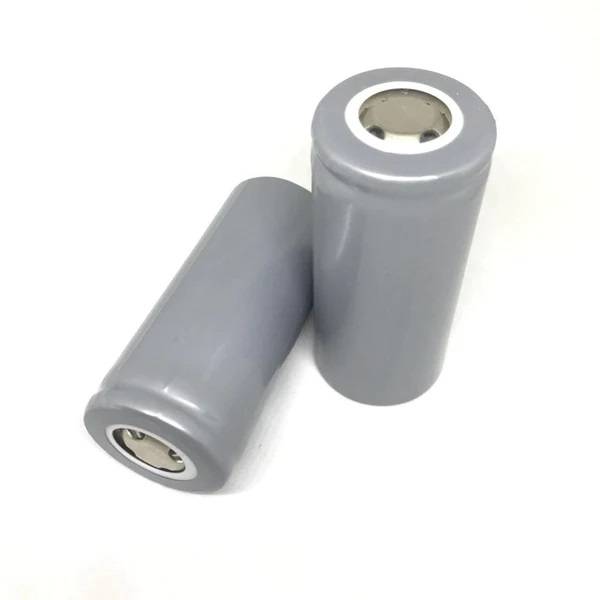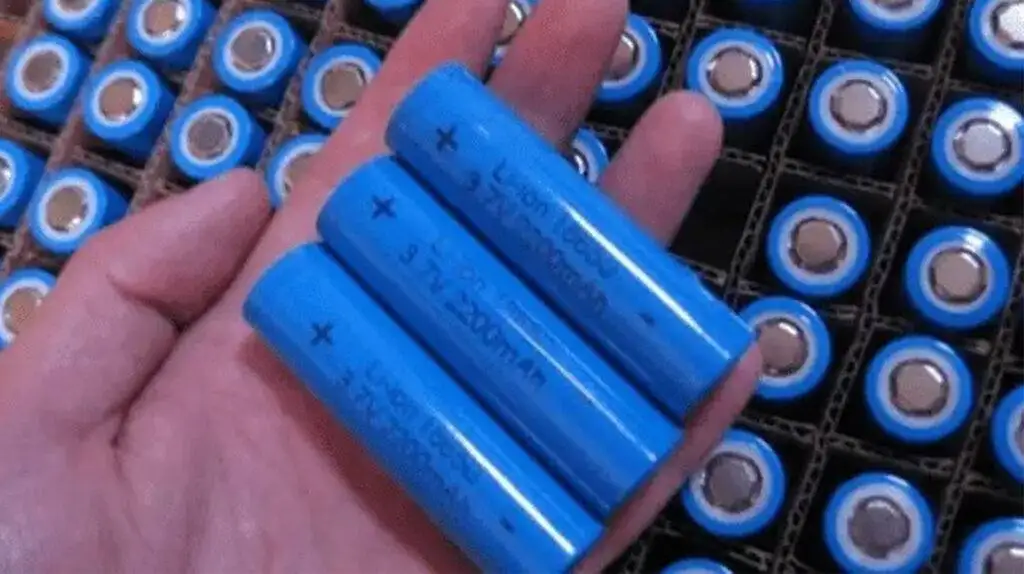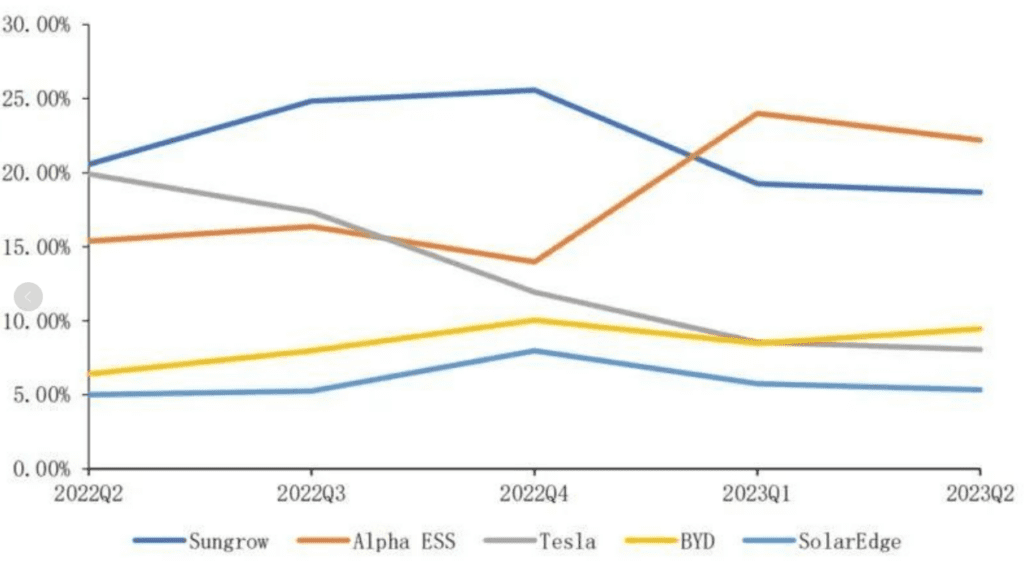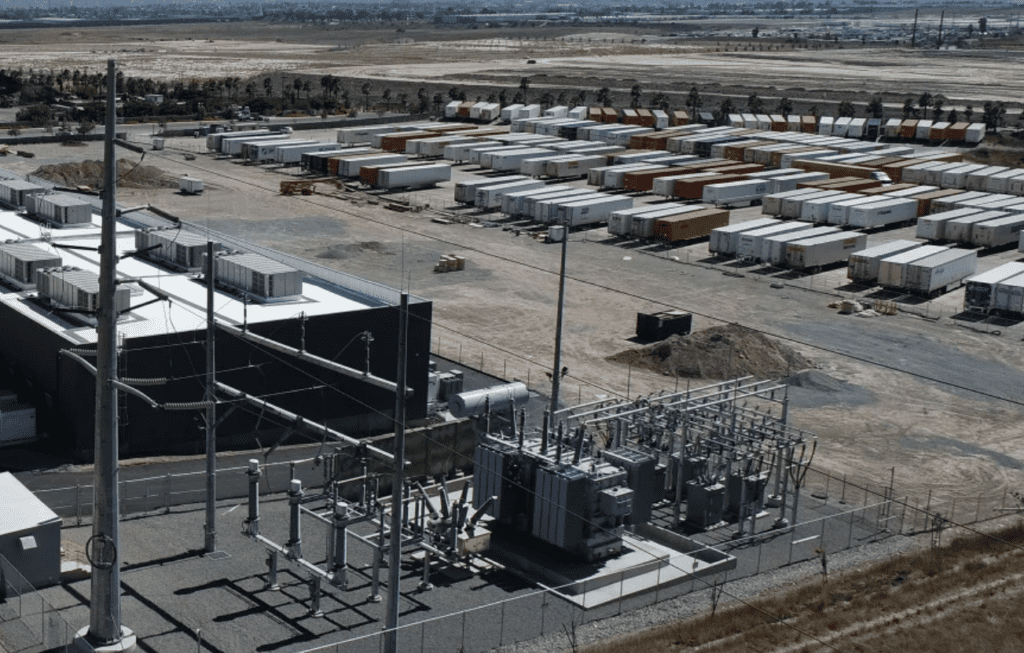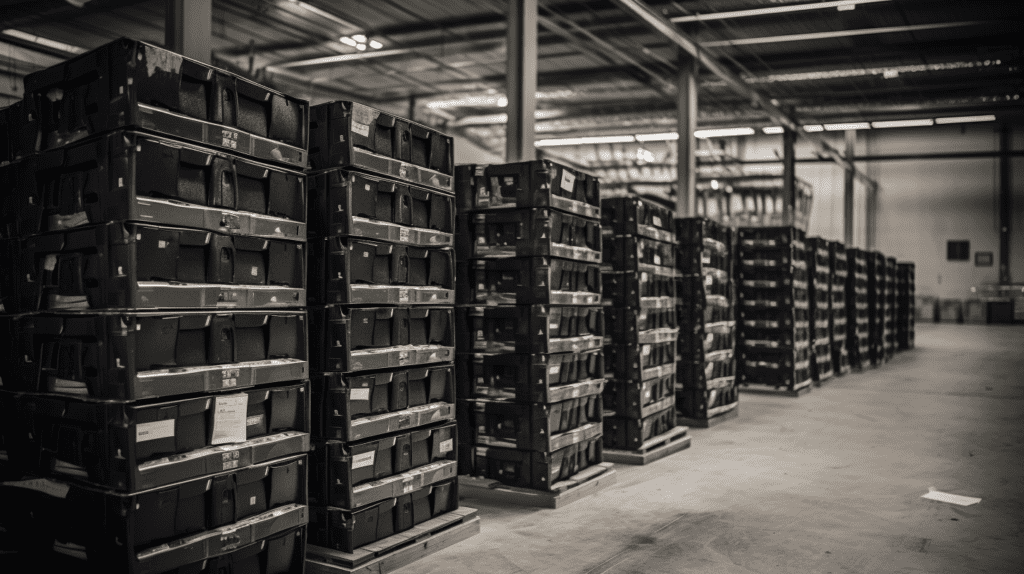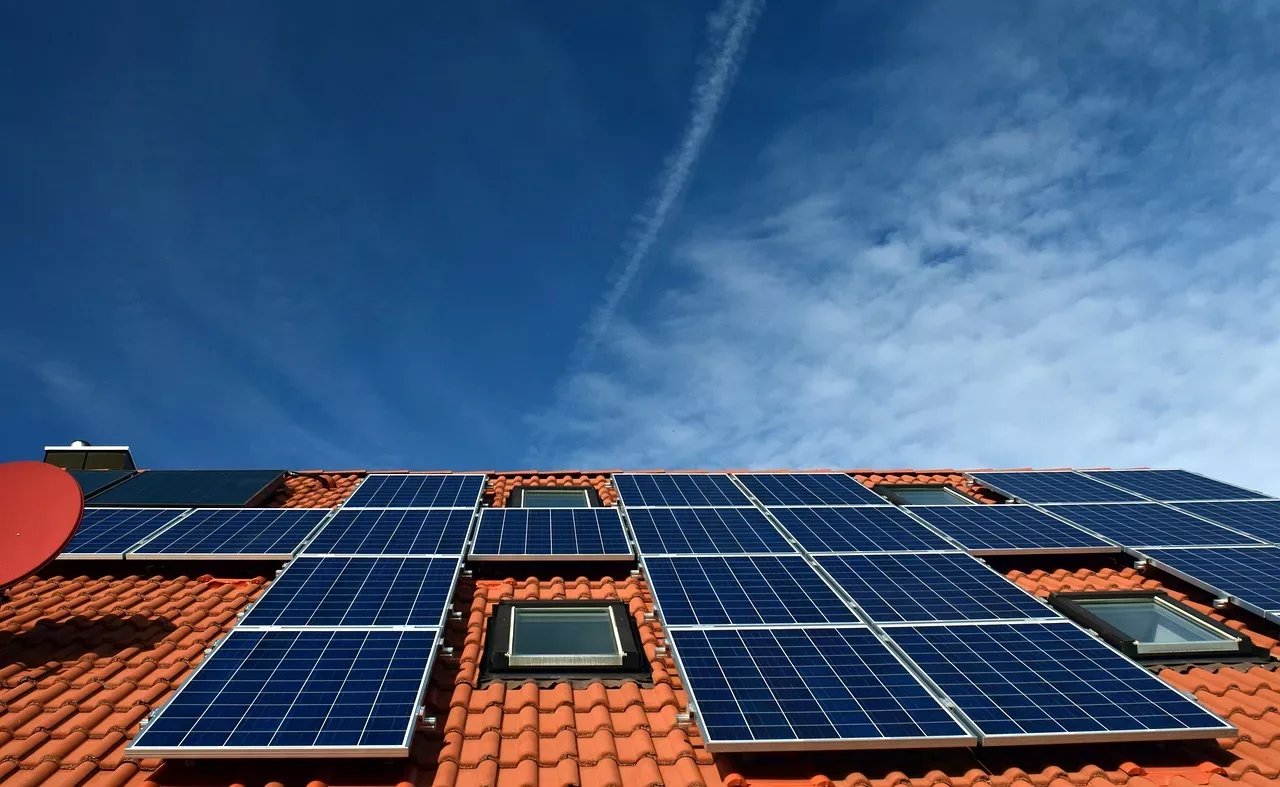The global lithium-ion battery market is rapidly evolving, with several manufacturers leading the charge in production and innovation. In 2024, the top manufacturers are set to play a crucial role in powering electric vehicles (EVs), renewable energy storage, and consumer electronics.
What Are Lithium-Ion Batteries and Their Applications?
Lithium-ion batteries are rechargeable energy storage devices that use lithium ions to move between the anode and cathode during charging and discharging cycles. They are widely used in various applications, including:
- Electric Vehicles: Providing power for electric and hybrid vehicles.
- Consumer Electronics: Powering smartphones, laptops, and tablets.
- Renewable Energy Storage: Storing energy generated from solar panels and wind turbines.
Why Is the Lithium-Ion Battery Market Growing?
The lithium-ion battery market is experiencing significant growth due to several factors:
- Increased Demand for Electric Vehicles: As more consumers shift towards EVs, the demand for efficient batteries rises.
- Advancements in Technology: Continuous improvements in battery technology enhance performance and reduce costs.
- Government Initiatives: Many governments are promoting electric mobility through incentives and regulations aimed at reducing carbon emissions.
Who Are the Top 10 Lithium-Ion Battery Manufacturers in 2024?
The following manufacturers are recognized as the top producers of lithium-ion batteries in 2024:
| Rank | Manufacturer | Headquarters |
|---|---|---|
| 1 | CATL | China |
| 2 | LG Energy Solution | South Korea |
| 3 | Panasonic | Japan |
| 4 | Samsung SDI | South Korea |
| 5 | BYD | China |
| 6 | AESC | Japan |
| 7 | SK Innovation | South Korea |
| 8 | Toshiba | Japan |
| 9 | Northvolt | Sweden |
| 10 | Amperex Technology | China |
This table lists the leading manufacturers based on production capacity and market influence.
What Are the Key Features of Each Manufacturer’s Batteries?
Each manufacturer offers unique features in their lithium-ion batteries:
| Manufacturer | Key Features |
|---|---|
| CATL | High energy density, fast charging capabilities |
| LG Energy Solution | Advanced thermal management systems |
| Panasonic | Long lifespan, reliable performance |
| Samsung SDI | High safety standards, versatile applications |
| BYD | Integrated solutions for EVs |
| AESC | Focus on sustainability and recycling |
| SK Innovation | High-performance batteries for various sectors |
| Toshiba | Innovative materials for improved efficiency |
| Northvolt | Sustainable production methods |
| Amperex Technology | Leading in EV battery technology |
This comparison highlights how each manufacturer differentiates itself in the competitive landscape.
How Do These Manufacturers Contribute to Electric Vehicle Production?
These top manufacturers play a vital role in supporting electric vehicle production by:
- Supplying Batteries: Providing high-capacity batteries essential for EV performance.
- Collaborating with Automakers: Partnering with automotive companies to develop tailored battery solutions.
- Investing in Research: Funding research initiatives to enhance battery technology and reduce costs.
What Innovations Are Being Introduced by Leading Manufacturers?
Leading manufacturers are continuously innovating to stay competitive:
- Solid-State Batteries: Some companies are exploring solid-state technology for improved safety and energy density.
- Recycling Technologies: Developing efficient recycling processes to recover valuable materials from used batteries.
- Fast Charging Solutions: Innovating charging technologies that significantly reduce charging times for consumers.
What Challenges Do Lithium-Ion Battery Manufacturers Face?
Despite their successes, lithium-ion battery manufacturers encounter several challenges:
- Supply Chain Issues: Fluctuations in raw material availability can impact production.
- Environmental Concerns: Addressing sustainability and recycling of batteries is increasingly important.
- Market Competition: The growing number of players entering the market increases competition and price pressures.
Industrial News
As of 2024, the lithium-ion battery market continues to expand rapidly, driven by increasing demand for electric vehicles and renewable energy solutions. Major manufacturers like CATL and LG Energy Solution are investing heavily in new technologies to enhance battery performance while addressing environmental concerns related to production and disposal. Innovations such as solid-state batteries are on the horizon, promising further advancements in energy storage solutions.Redway Expert Insights
“The competition among lithium-ion battery manufacturers is intensifying as demand surges,” states Dr. Hiroshi Tanaka, a battery technology expert. “Companies must innovate not only to improve performance but also to address sustainability challenges that come with increased production.”
FAQ
What are lithium-ion batteries?
Lithium-ion batteries are rechargeable energy storage devices widely used in electric vehicles, consumer electronics, and renewable energy systems due to their high energy density and efficiency.Who are the top lithium-ion battery manufacturers in 2024?
The top manufacturers include CATL, LG Energy Solution, Panasonic, Samsung SDI, BYD, AESC, SK Innovation, Toshiba, Northvolt, and Amperex Technology.What challenges do lithium-ion battery manufacturers face?
Manufacturers face supply chain issues, environmental concerns regarding sustainability and recycling, and increased competition from new entrants in the market.


